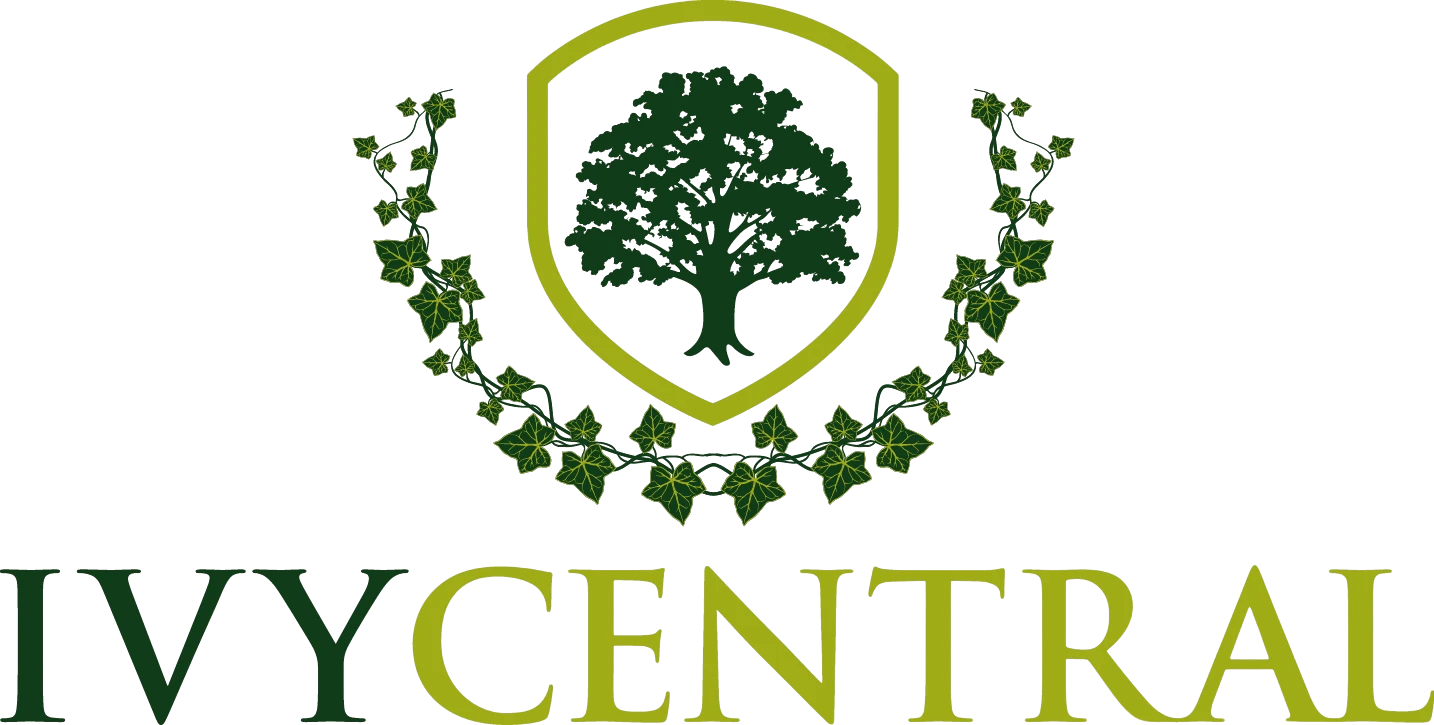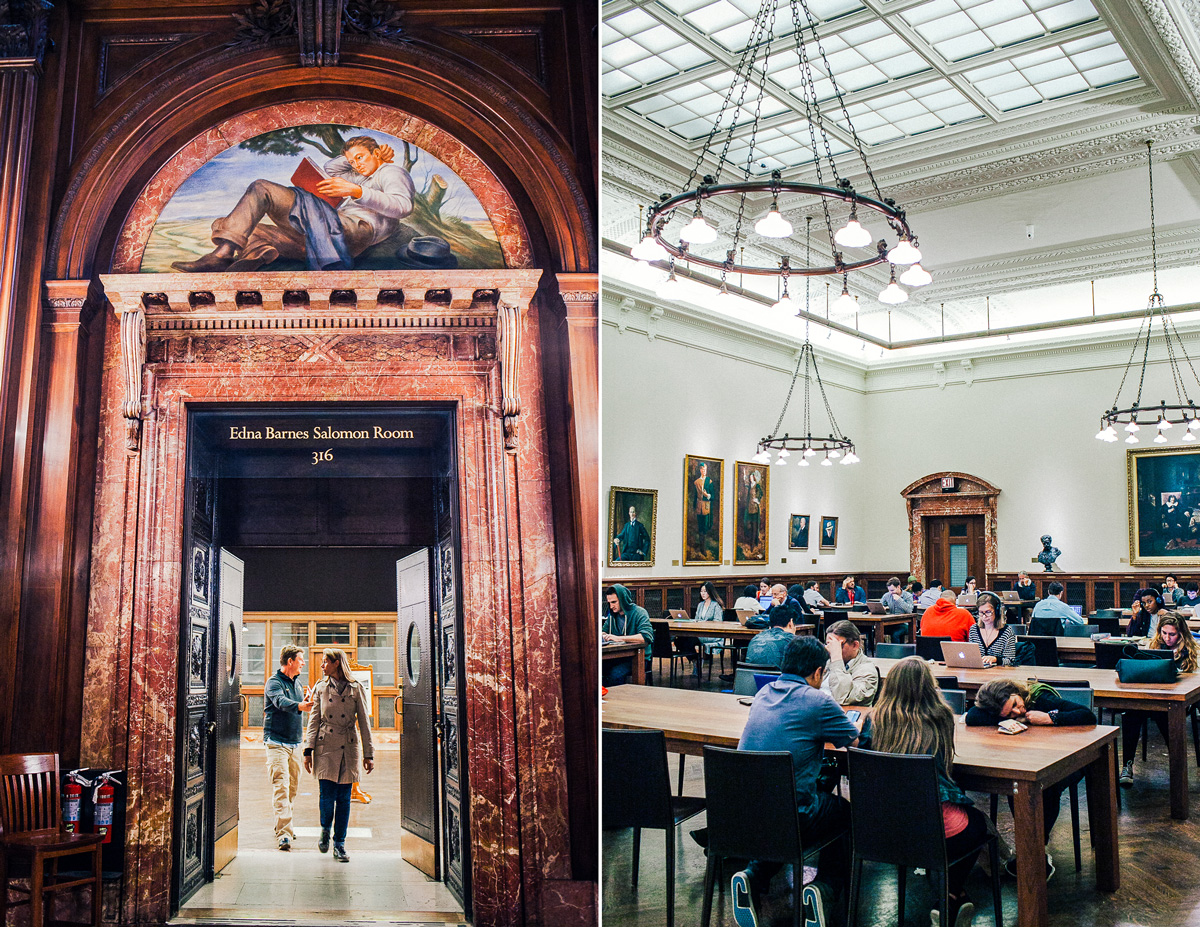The Rise of the New Ivies
The March issue of Forbes has published an article, “The New Ivies 2025: 20 Great Colleges Employers Love.” The Forbes list reassesses America’s higher education institutions’ hierarchy. There are the traditional Ivy League institutions like Harvard, Yale, and Princeton etc. that have been historically regarded as prestigious, providing intellectual rigor, and a ticket to elite careers. Yet, as Forbes argues, the tides are turning. Mounting criticisms, political pressures, and evolving employer priorities are reshaping perceptions of what constitutes a top-tier education. Enter the “New Ivies”: 10 public and 10 private universities that are becoming a favourite in the eyes of employers. The New Ivies 2025: 20 Great Colleges Employers Love
What has caused this shift?
Political Backlash
Campuses are in the eye of the storm due to their protests, which dominated the past year or so. The axe has fallen on Columbia University, which was leading the Pro-Palestine movement, and its vociferous clamor against Israel’s actions on Palestine has not gone down well with the U.S. Government and has miffed alumni and other major donors. On assuming power, the Trump administration took some severe steps by ordering investigations and cutting federal funding, thereby wrecking programs. Currently, their Middle Eastern studies department is under review.
The University of Pennsylvania lost $175 million in funding because the university had allowed transgender athletes to compete in women’s sports before the NCAA changed its policy in 2025.
The Trump administration and critics refer to The Ivies’ emphasis on diversity as “woke” priorities, which has clashed with employers who value practical skills like innovation and adaptability.
These events are not isolated incidents but rather and part of but part of a broader “ongoing political assault” which is eroding the Ivies’ once-untarnished reputation.
Shift in Employer Sentiments:
A survey of over 380 C-suite executives, vice presidents, and managerial professionals revealed there is a 37% decrease in the chances of hiring Ivy League graduates compared to five years ago.
The survey has identified a significant shift in employer preferences toward graduates from select public and private universities, often referred to as the “New Ivies.”
Some respondents have spoken out about how they find Ivy League candidates overvalued, maintaining a very high opinion about themselves.
One C-suite-level respondent wrote. “Entry-level job candidates should be ‘eager to learn, have no ego or be ‘stuck-up’ because of the school they attended,” said another.
“The gap between graduates from Ivies and other public/private universities is shrinking,” says one vice president at a company with more than 5,000 employees.
“Four in 10 respondents say the Ivy League schools are doing a worse job at preparing entry-level job candidates than they were five years ago.”
Forbes’ categorization of New Ivies
- 10 Outstanding Public Universities
- 10 Top Private Schools
Selective Admissions:
To be considered as a “New Ivy”, the Forbes survey sought out those colleges that have become extremely selective in their admissions process and are attracting top-tier applicants who are outpacing Ivy League graduates in employability.
For example, in 2024, William & Mary received 17,799 applications—a 25% increase over 2020 numbers. At Washington University, 2024 was the toughest ever for admissions—13% of the university’s 27,900 applicants were admitted
The private institutions that have acceptance rates as low as one in seven, with a median SAT score of 1530.
Public universities that are admitting 50% or fewer applicants with a median SAT score of 1410.
Additionally, another area where these universities are excelling is the strong undergraduate research programs and faculty mentorship.
Public universities like Georgia Tech and Michigan stand out for scale and STEM strength, while private ones like Carnegie Mellon and Rice lead in innovation and research.
Forty-two percent said public colleges were doing a better job at preparing entry-level job candidates than they were five years ago.
THE NEW PUBLIC IVIES
| INSTITUTION | STATE | UNDERGRAD ENROLLMENT | ACCEPTANCE RATE | 50th PERC. SAT |
| Georgia Institute of Technology-Main Campus | Georgia | 19,888 | 16% | 1450 |
| Purdue University-Main Campus | Indiana | 41,678 | 50% | 1320 |
| The University of Texas at Austin | Texas | 43,718 | 29% | 1370 |
| United States Military Academy | New York | 4,552 | 14% | 1330 |
| University of Illinois Urbana-Champaign | Illinois | 36,970 | 44% | 1410 |
| University of Michigan-Ann Arbor | Michigan | 33,921 | 18% | 1470 |
| University of North Carolina at Chapel Hill | North Carolina | 21,214 | 19% | 1470 |
| University of Pittsburgh-Pittsburgh Campus | Pennsylvania | 25,319 | 50% | 1360 |
| University of Virginia-Main Campus | Virginia | 19,791 | 17% | 1490 |
| William & Mary | Virginia | 7,359 | 33% | 1450 |
THE PRIVATE NEW IVIES
| Institution | State | Undergrad Enrollment | Acceptance Rate | 50th Perc |
| Carnegie Mellon University | Pennsylvania | 7,497 | 11% | 1540 |
| Emory University | Georgia | 7,606 | 11% | 1520 |
| Georgetown University | District of Columbia | 8,670 | 13% | 1500 |
| Johns Hopkins University | Maryland | 8,654 | 8% | 1550 |
| Northwestern University | Illinois | 10,210 | 7% | 1530 |
| Rice University | Texas | 4,712 | 8% | 1550 |
| Tufts University | Massachusetts | 7,631 | 10% | 1510 |
| University of Notre Dame | Indiana | 9,157 | 12% | 1500 |
| Vanderbilt University | Tennessee | 7,284 | 6% | 1540 |
Sources: National Center For Education Statistics, college websites.
The evolving landscape of higher education and employment suggests that students and employers alike are broadening their horizons beyond traditional Ivy League schools. Employers are increasingly valuing the diverse skill sets and practical experiences that students from these universities bring to the workforce. The “New Ivies” exemplify institutions that combine rigorous academics with real-world readiness, aligning closely with the needs of today’s job market.
How AI is Transforming College Admissions: Emerging Trend | Ivy Central
Ultimate Guide to the UC Berkeley M.E.T Program | Ivy Central

